I wrote this article in Japanese and translated it into English using ChatGPT. I also used ChatGPT to create the English article title. I did my best to correct any translation mistakes, but please let me know if you find any errors. By the way, I did not use ChatGPT when writing the Japanese article. The entire article was written from scratch by me, Saikawa Goto.
Introduction
Movies and books covered in this article

I will write an article about this movie/book
What I want to convey in this article
When facing a situation where we have to risk our life to help someone, can we stay and not run away?



It felt difficult to make an ideal decision in this fearful situation.
Three takeaways from this article
- My naive idea of “I might as well die helping someone”.
- If I were in their shoes, would I be able to act the same way?
- I feel that being praised too much for a brave act is also not always a good thing.



“Staff members who chose to escape to save themselves also made the right decision,” I believe.
Self-introduction article


Please refer to the self-introduction article above to learn about the person writing this article. Be sure to check out the Kindle book linked below as well.


Published Kindle books(Free on Kindle Unlimited)
“The genius Einstein: An easy-to-understand book about interesting science advances that is not too simple based on his life and discoveries: Theory of Relativity, Cosmology and Quantum Theory”
“Why is “lack of imagination” called “communication skills”?: Japanese-specific”negative” communication”
The quotes used in this article are based on notes taken at the movie theater from movies in Japanese and are not direct quotes from the foreign language original movies, even if they exist.
In a Situation Where There is a Choice to “Run Away,” Would We be able to Make the Decision to “Risk Their Life to Protect Customers”?
I used to Think “It’s Good If I Could Die for Someone Else”
From the past until now, I haven’t had much will to “stay alive.” Of course, I still don’t know how I would feel when faced with death, but at this moment, I feel like “it doesn’t really matter when I die.”
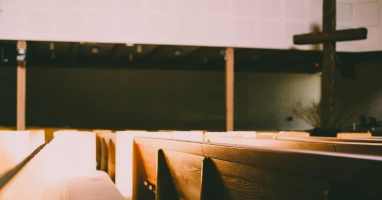

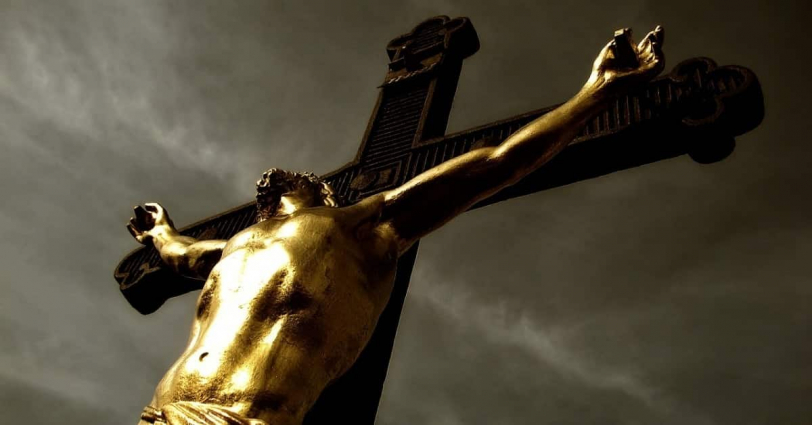

And because I think that way, I often think, “It would be nice if I could die for someone else.” There would be a situation where may be better for someone else other than me to survive. Also, I sometimes think seriously that if I cannot take my own life seriously, then instead of just dying, it’s not a bad idea to die by protecting or helping someone.
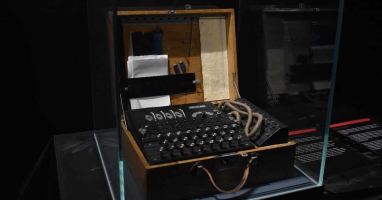




On the other hand, if someone else were to die as a result of saving me, I don’t think I could bear it.
If so, you, too, should not try to help others to the point of sacrificing our own lives, should you.
That feeling hasn’t completely disappeared even now. However, after watching this movie, I also felt that “I may not be able to risk my life to protect someone.”


It was incredibly scary.
This movie has an amazing sense of realism. Even though I naturally knew that “I am just watching a movie,” I still felt intense fear multiple times.
I, who was just watching a fictional movie, felt this much fear. How scary must it have been in actual real-life situations?
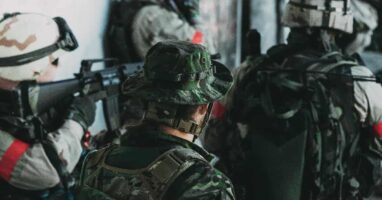

Would I be able to Act the Same Way If It Were Me?
This movie is based on a real-life terrorist incident that occurred at a hotel. Suddenly, a group of armed individuals swarmed the hotel and brutally killed people without even understanding their arguments.
When the hotel guests were caught in this tragedy, the hotel staff had the option to “escape.” They were suggested that they could escape safely through an employee-only passageway that only staff knew about.
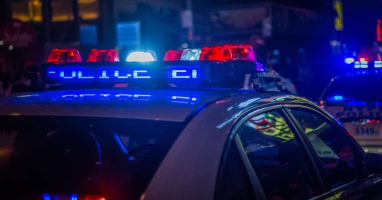

Of course, some of the hotel staff chose to “run away” and I think they made definitely the right decision. There’s no way the staff who ran away in that situation could have been wrong. There’s nothing in this world that you absolutely have to do at the risk of your own life. The leader figure says, “It’s not a shame to run away,” and that’s exactly right.
I wonder what I would do in that situation.



No matter what decision you make, you would be likely to regret it later.
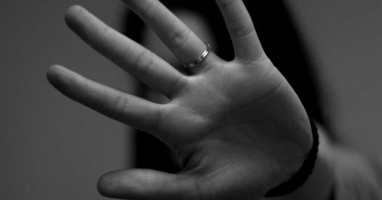

And despite being given the option to “escape”, there were also staff members who chose to stay and save the guests. Making such a decision in the midst of such terror is truly worthy of admiration.


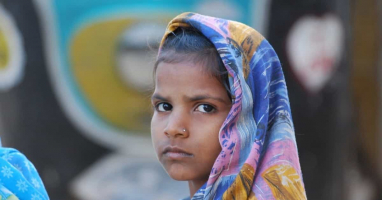

Of course, I don’t know if all the actions of the staff who stayed behind resulted in a good outcome. There may have been scenes where the situation worsened as a result. However, these are just things that unrelated people complain after everything is over. In that chaos and fear, it’s unlikely that one can take the right action in everything. In any case, all the blame lies with the terrorist group.
I believe that everyone who made the decision to “run away” made the right choice, and everyone who stayed behind to save lives should be praised.


Can We Risk Our Life to Help a “Rich Foreigner”?
After watching this movie, I couldn’t help but think, “Would I be able to risk my life to help a ‘rich foreigner’?”
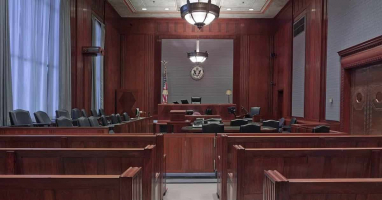

I understand that it may not be appropriate to write about things that could be considered discriminatory, but I want to convey the greatness of the hotel staff, so I will write this way.
The incident took place in a prestigious hotel in India with over 100 years of tradition, frequented by politicians and celebrities. On the other hand, the people who work at such a hotel are poor people from India who live in densely populated barrack huts and are by no means wealthy.
There is an overwhelming difference in their positions.
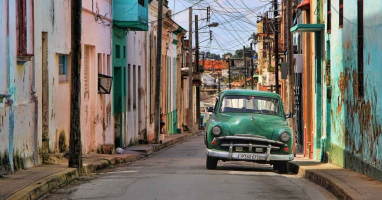

Although not shown in the movie in great detail, it is possible that VIPs make unreasonable demands or complaints that are difficult to accept. Even though it is not important in judging a person whether is rich or not, I think that because the customers they usually deal with are VIPs, some people may have a negative image of such people.
And of course, it goes without saying that regardless of whether the other person is rich or not, nothing is more important than one’s own life. I think everyone has someone they would even risk their life to want to save, such as family or close friends, but even if that person is a “rich foreigner”, can we judge them in the same way such as family or close friends?
It might be a bit difficult.



I always try not to judge people based on their attributes, but when it comes to “my life is on the line”, I think my judgment might change a bit.
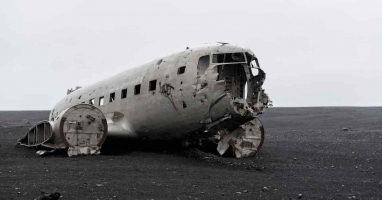

Of course, I understand that the hotel staff should be praised for their actions without saying that and that they would not be happy to hear like that it was amazing that they risked their lives to save a rich foreigner. However, even so, I really wanted to touch on this point.
I couldn’t imagine being able to do the same thing myself, and I want to praise them that they guys did an incredible job compared to such me.
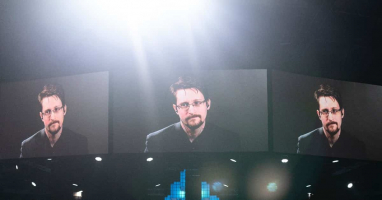

Content Introduction
On November 26, 2008, a terrorist attack occurred at the Taj Mahal Palace in Mumbai, India. The movie depicts the events of that day from the perspective of Arjun, a hotel staff member who lives in a barrack hut and supports his family, as the morning begins calmly as usual.
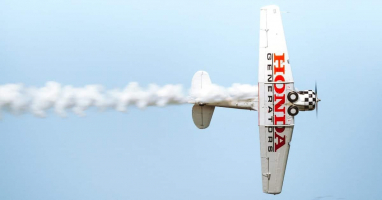

Arjun was running on this day because he was going to be late. He lost his leather shoes on his commute, and during the dress code check, he was almost turned away by the chef, Oberoi. However, because he has a pregnant wife at home, he pleaded with Oberoi to let him work and was allowed to borrow spare shoes to barely make it to the floor.
Scheduled for check-in on this day were an American architect couple and a seemingly difficult businessman. David and Zahra, the architect couple, were with their baby and headed to the suite room with their babysitter, Sally. Vasili, the businessman, was heading to the restaurant and making a reservation for a beautiful woman over the phone, preparing for the party that would follow later.
It was supposed to be just another ordinary day.


While the hotel staff was busy running around, the terrorist group arrived in Mumbai by boat and scattered to prominent places such as CTS Station, Cafe Leopold, and Taj Mahal Palace. They started by indiscriminately shooting their guns around the station, then planned to attack the cafe and hotel.
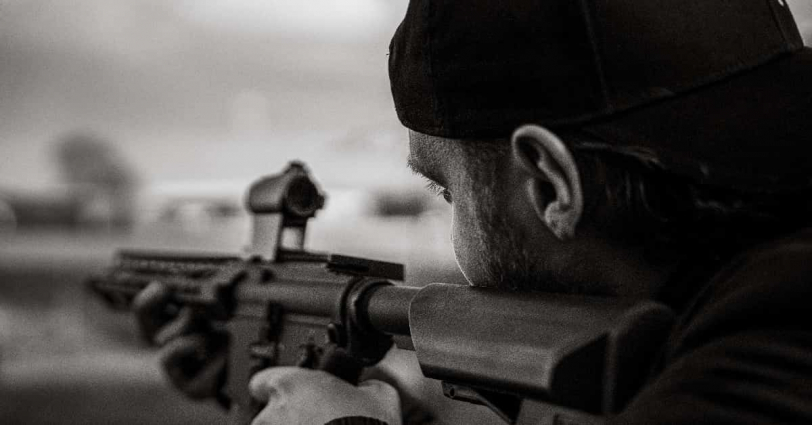

The armed men who arrived at the hotel continued shooting guests and staff with rifles without any demands or explanations. They followed the instructions of their leader, who was far away, and continued the slaughter, even entering guest rooms.
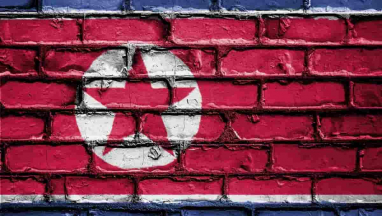

The head chef who had evacuated the diners to the Chambers Lounge on the 6th floor of the hotel tried to reassure the guests that if they waited here for a while, rescue would eventually come.
However, the situation is not that simple. The local police do not have the ability to respond to the terrorist attack. The special forces capable of combating terrorism are based 1300 kilometers away in New Delhi and it takes a considerable amount of time for them to arrive. Meanwhile, people are being brutally killed.
David and Vasili are acting with their own motives, and the hotel staff are forced to make ultimate decisions in an extreme situation…
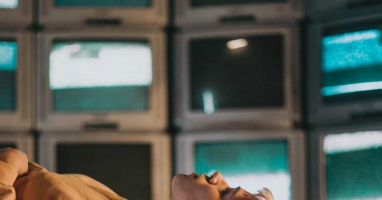

Impression
As I mentioned earlier, I was repeatedly struck by the sensation of “fear”. The realism of the visuals is simply unbelievable. Even so, this work is just a fraction of the fear felt by those who were actually there, but it allows us to feel a glimpse of how much they struggled to help others in the midst of such terror.



It’s truly scarier than any poorly made horror movie.
It’s enough to make your body lift off the seat.
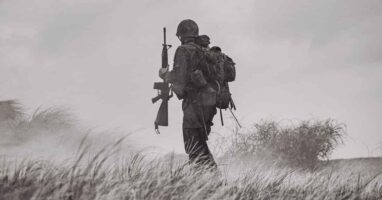

The movie is based on a true story, and actual news footage is incorporated throughout. Most of the scenes are based on survivor accounts, but there are moments where I wonder if what I’m seeing actually happened (I mean a situation where you get the feeling that no survivors would have seen or heard what happened).
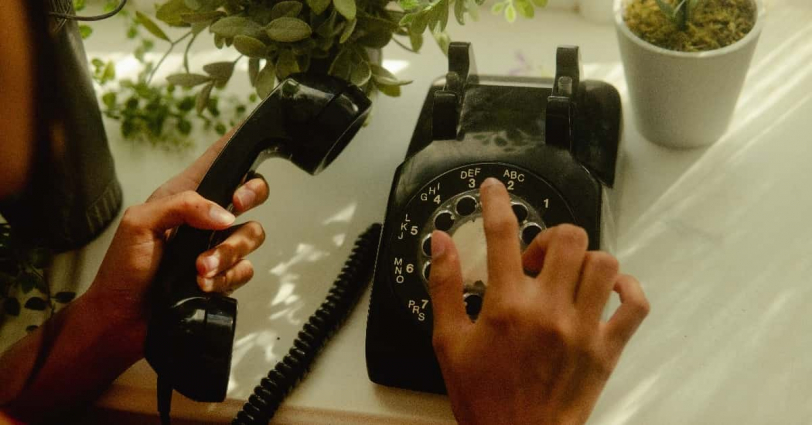

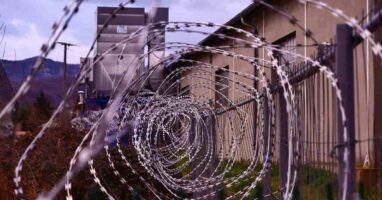

One of the most impressive scenes for me in the movie is when the receptionist is on the phone. I won’t go into specifics, but in that situation, it feels like there’s no choice but to act that way. I think it was incredibly brave, but at the same time, I’m not sure if “brave” is the right word to use. Personally, I wish this portrayal was fiction.
When watching the actual news footage used in the movie, there were moments that were hard to believe. I find myself doubting whether such news reports actually happened (although there’s no doubt that they did, given that it’s actual news footage).
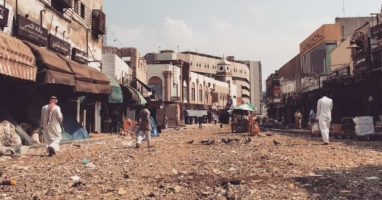

That’s the report saying “Many guests are escaping from Chambers Lounge.” Of course, such a report can be seen from a terrorist group. And in fact, there is a scene where a terrorist group that learned of that report goes to Chambers Lounge. I don’t know how this report was received in India at the time, but I felt it was unbelievable.
Conclusion


21 months after the incident, Taj Mahal Palace reopened. People from all over the world, grateful for the hotel staff’s efforts during the attack, eagerly awaited its reopening.
Half of the victims of this terrorist attack were the staff who chose to stay and help. Their bravery deserves praise and admiration, but at the same time, it’s scary to think that they might be overvalued, leading people to feel that they should risk their lives to help others.
That’s why I want to acknowledge their efforts while also admitting the importance of valuing one’s own life.


Published Kindle books(Free on Kindle Unlimited)
“The genius Einstein: An easy-to-understand book about interesting science advances that is not too simple based on his life and discoveries: Theory of Relativity, Cosmology and Quantum Theory”
“Why is “lack of imagination” called “communication skills”?: Japanese-specific”negative” communication”

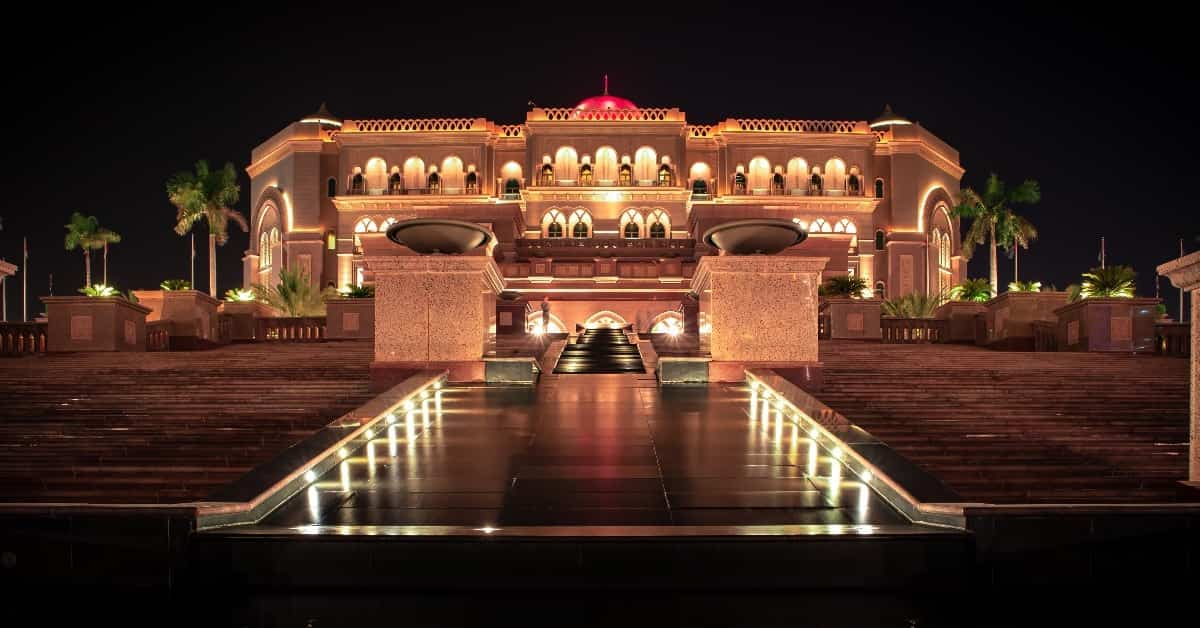





コメント